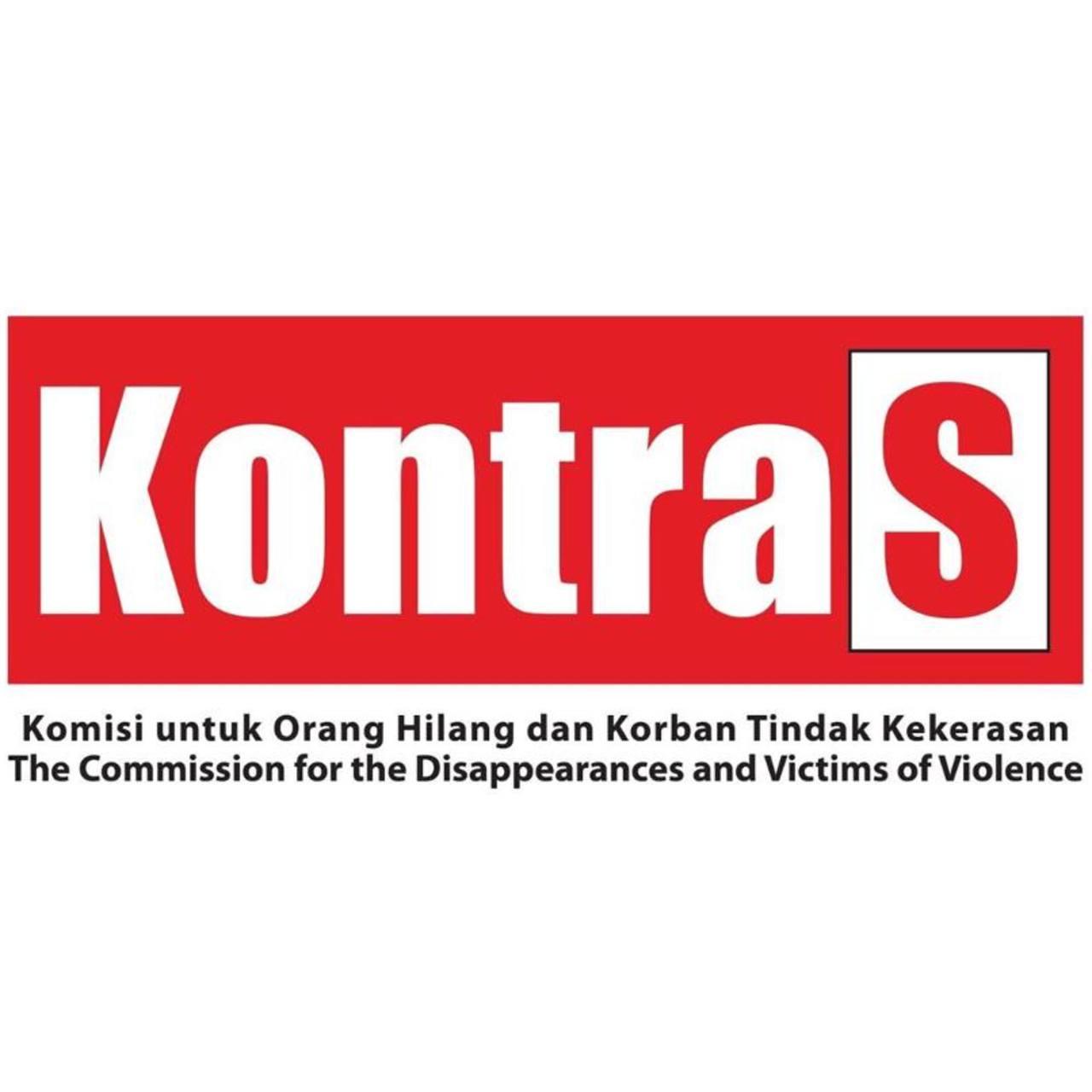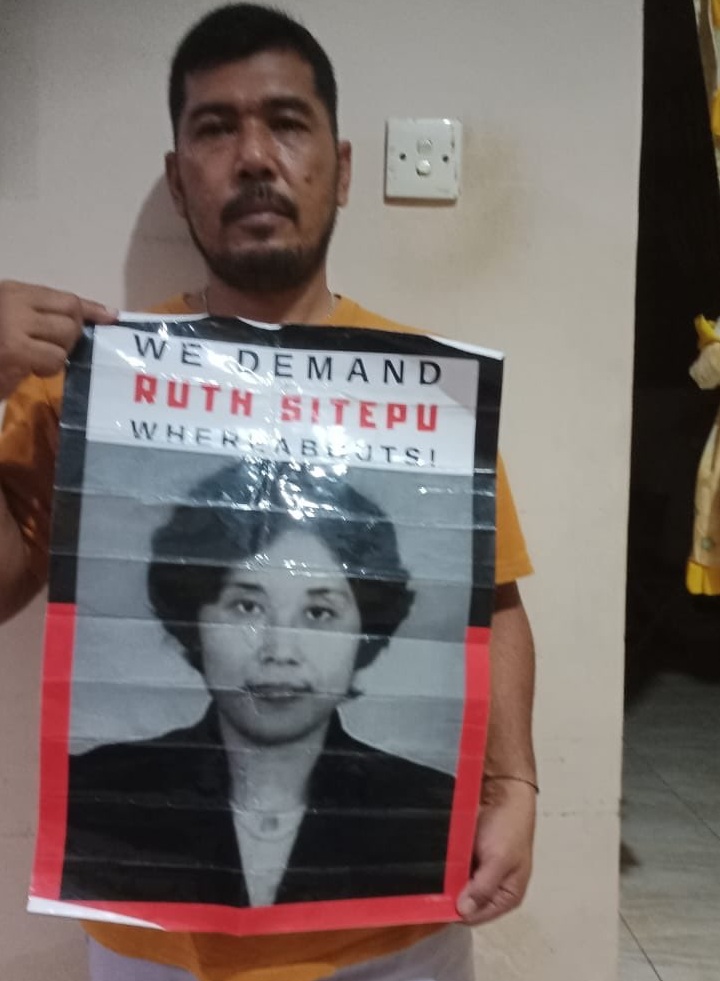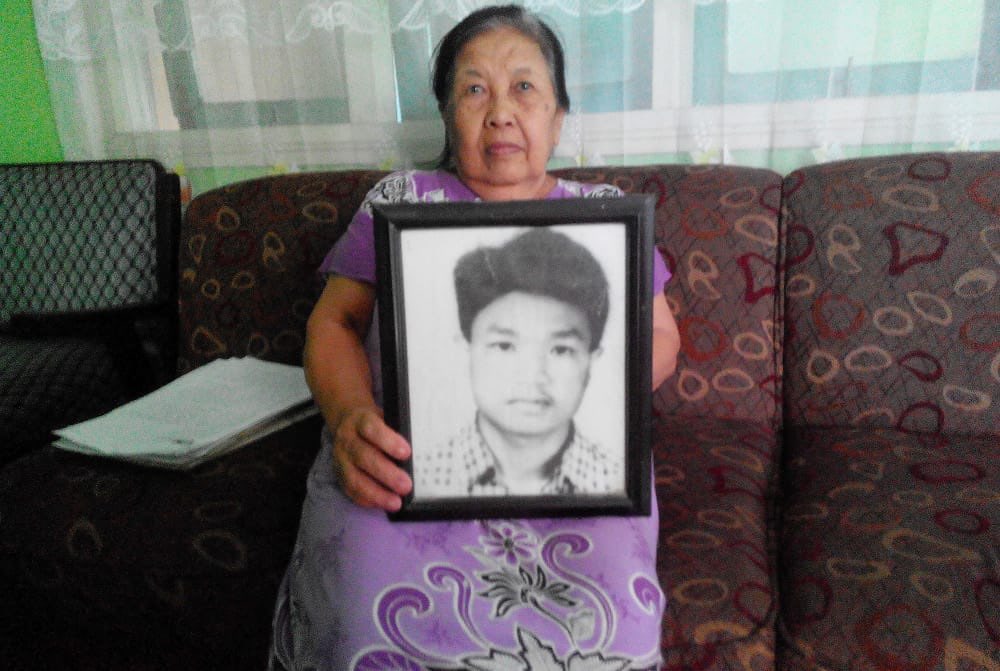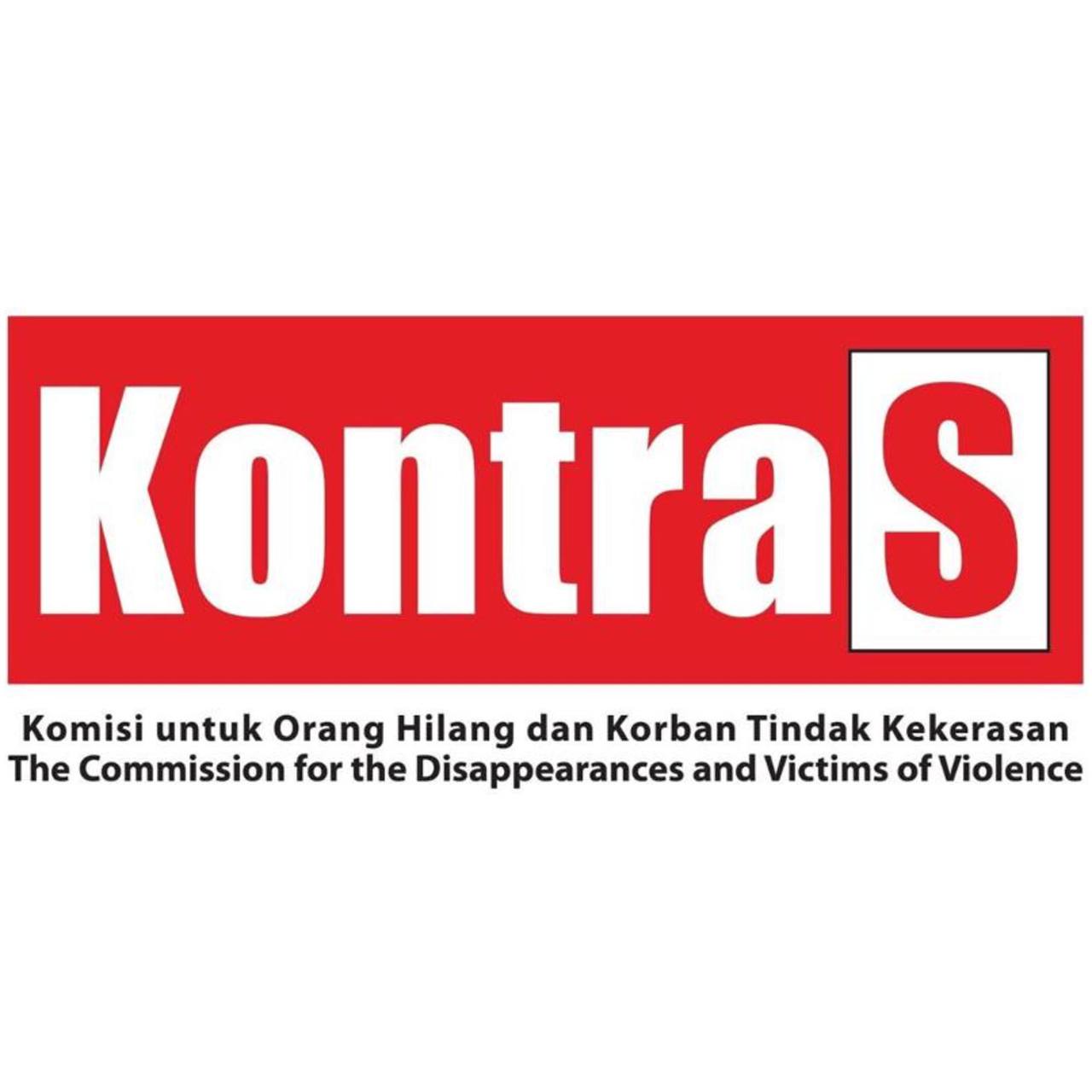Ruth Sitepu is an Indonesian citizen who disappeared in Malaysia, with her whereabouts last known on 30 November 2016. Final report of public inquiry conducted by Suruhanjaya Hak Asasi Manusia Malaysia (SUHAKAM), the national human rights institution in Malaysia, stated that the disappearance of Ruth Sitepu is a case of enforced disappearance, in accordance with Article 2 of International Convention on the Protection of All Persons from Enforced Disappearances (ICPPED). SUHAKAM found the acquiescence of Malaysian state agents in the disappearance of Ruth Sitepu and the refusal to acknowledge Ruth’s disappearance by Royal Malaysia Police. However, until three years have passed since SUHAKAM final report of public inquiry was released on 15 April 2022, there has not been any clarity on the status and condition of Ruth Sitepu. The Commission for the Disappeared and Victims of Violence (KontraS) and Ruth Sitepu’s family highlight the absence of state responsibility on behalf of the Government of Malaysia and the absence of active actions on behalf of the Government of Indonesia in encouraging the said responsibility.
Recently, on 5 November 2025, the High Court of Kuala Lumpur granted two civil lawsuits filed separately by the wives of Amri Che Mat and Pastor Raymond Koh, two other victims of enforced disappearance who were reported missing each since the late 2016 and the early 2017. In its verdict, the Court ruled that the Government of Malaysia and Malaysian police are accountable in the enforced disappearance cases of Amri Che Mat and Pastor Raymond Koh. Therefore, the Court ordered the Government and police to reopen the investigation and the search for the two victims. The Court also ordered the Government to pay monetary compensation per day to each victim family as a form of redress for the damages caused by the disappearances, starting from the day the victims disappeared until the Government can rule the clarity of the victims’ status and whereabouts. This compensation mechanism is in accordance with international customary law that has been done by various states towards the victim families of enforced disappearances, such as Chile and Brazil.
Although these follow up actions in the form of reinvestigation and compensation started from civil lawsuits filed by the families, this court ruling should serve as the precedent for follow up actions on the case of enforced disappearance of Ruth Sitepu. Moreover, through its public inquiry, SUHAKAM found the relationships between the cases of Amri Che Mat, Pastor Raymond Koh, Joshua Hilmy, and Ruth Sitepu. This indicates that the state accountability on the cases of Amri Che Mat and Pastor Raymond Koh should be done as well towards the case of Ruth Sitepu. In accordance with transitional justice principles, the state must do truth-seeking especially in cases of enforced disappearances. As a matter of fact, truth-seeking principle was first acknowledged by the international community as one of settlement mechanisms of enforced disappearances cases, where the location of the victims are not known by the family or the public in general.
As an Indonesian citizen, it goes without saying that the Government of Indonesia must take active and concrete measures to encourage the Government of Malaysia for truth-seeking and the settlement of the enforced disappearance of Ruth Sitepu. Although SUHAKAM’s finding stated that the acquiescence and refusal of enforced disappearance against Ruth were done by Malaysian state agents, the Government of Indonesia remains bearing the duty to protect Ruth Sitepu in accordance with Article 18 Paragraph (1) and Article 21 Law Number 37 of Year 1999 on Foreign Affairs. Furthermore, Indonesia also has derivative regulation that is the Regulations of the Ministry of Foreign Affairs Number 5 of Year 2018 on the Protection of Indonesian Citizens Abroad, which in its consideration stated that the protection of Indonesian citizens abroad is done by considering the general principle of good governance. In this case, as an Indonesian citizen, the protection of Ruth Sitepu within the case of enforced disappearance is guaranteed by Article 28I Paragraph (4) of the 1945 Constitution. Additionally, the Government of Indonesia’s efforts in encouraging accountability from the Government of Malaysia in the enforced disappearance case of Ruth Sitepu is acknowledged by the passive nationality principle in international jurisdiction.
“Our family hope that the Government of Indonesia will seriously engage in the search for our sister, Sister Ruth. Because we still and always hope that we can meet our sister again,” said Iman Setiawan, Ruth Sitepu’s younger brother.
Therefore, we demand:
-
The Government of Malaysia to do truth-seeking and the searching of Ruth Sitepu’s whereabouts;
-
The Government of Malaysia to provide reparations to Ruth Sitepu’s family for the damages caused by the disappearance; and
-
The Government of Indonesia to actively encourage the settlement of the enforced disappearance case of Ruth Sitepu to the Government of Malaysia in accordance with the passive nationality principle in international jurisdiction.
Jakarta, 17 November 2025
The Commission of the Disappeared and Victims of Violence (KontraS)
Ruth Sitepu’s Family

KontraS
Komisi Untuk Orang Hilang dan Korban Tindak Kekerasan




